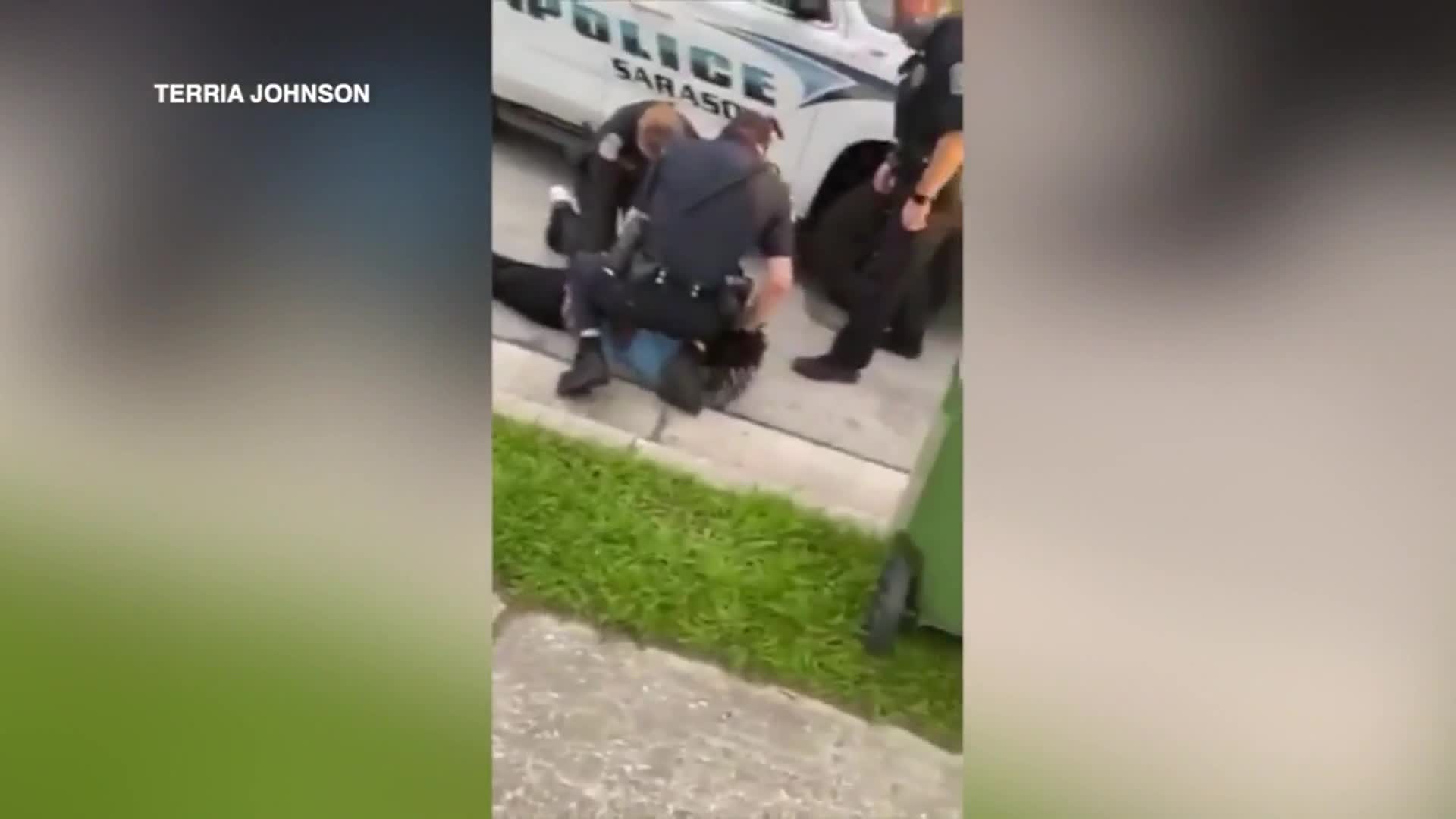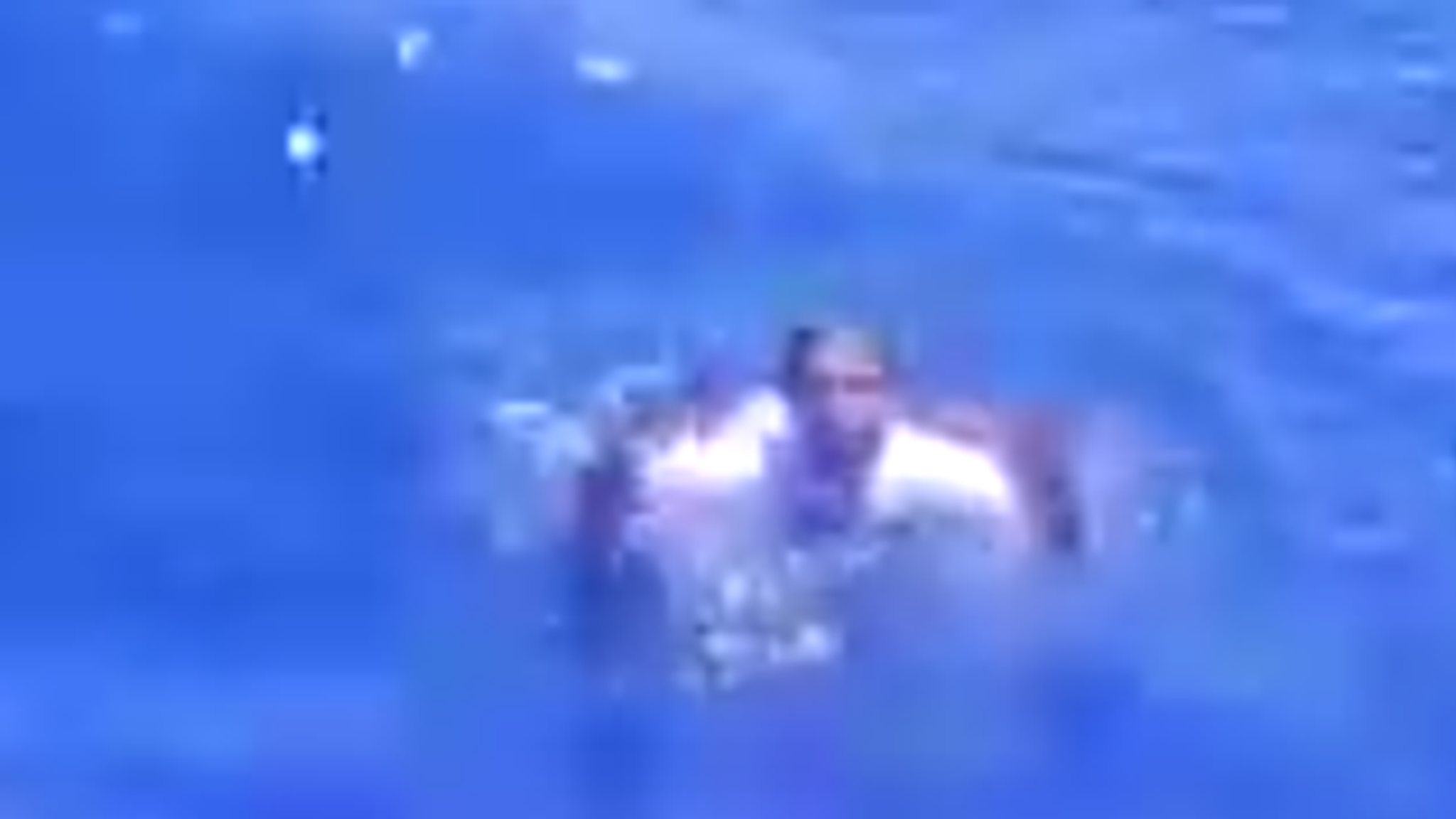

The very fact terrorists exploit people's interest in dramatic events should caution you against typing in that search string, and certainly against sharing it with others.įirstly, by doing so you'd be playing up to the narcissism of someone who couldn't come up with any more adequate way to generate renown than to massacre innocent people. (I'm looking at you, Google and YouTube-not to mention Facebook, which hosted the live stream to begin with.) And you don't even need to be on 8chan to stumble on the footage: Search engines' predictive search will actively encourage you to browse for it when you type a related term.

You don't need to be an 8chan denizen to be tempted by firsthand footage of an event dominating the news cycle, just as most people probably wouldn't look away if they came by the scene of an attack-or even a particularly bad accident-in real life. A small minority of us might be scanning the footage in desperate hope to establish the whereabouts of our loved ones.īut plenty of people are today looking at the Christchurch video for no real good reason-just because the draw of the drama and the apparent safety of viewing it from miles away, behind a computer screen.

Some of us, like journalists and police, are professionally obliged to view distressing imagery to try to discern valuable new information, whether for investigation purposes or to better inform debate. Dozens of copies of what appears to be footage from a helmet-mounted camera are circulating on the darker corners of the internet and are being persistently posted on more mainstream platforms such as YouTube, Twitter and Facebook, which don't always manage to catch the video before it goes up. Horrific videos like the one posted by the Christchurch mosque shooting suspect Brenton Tarrant are geared to appeal to the morbidly curious, and appeal it did.


 0 kommentar(er)
0 kommentar(er)
